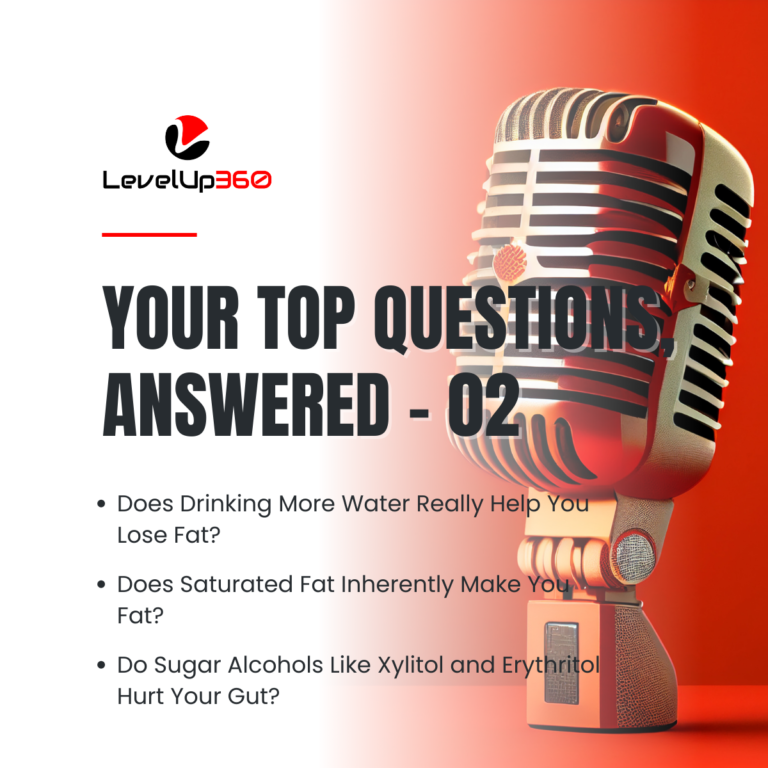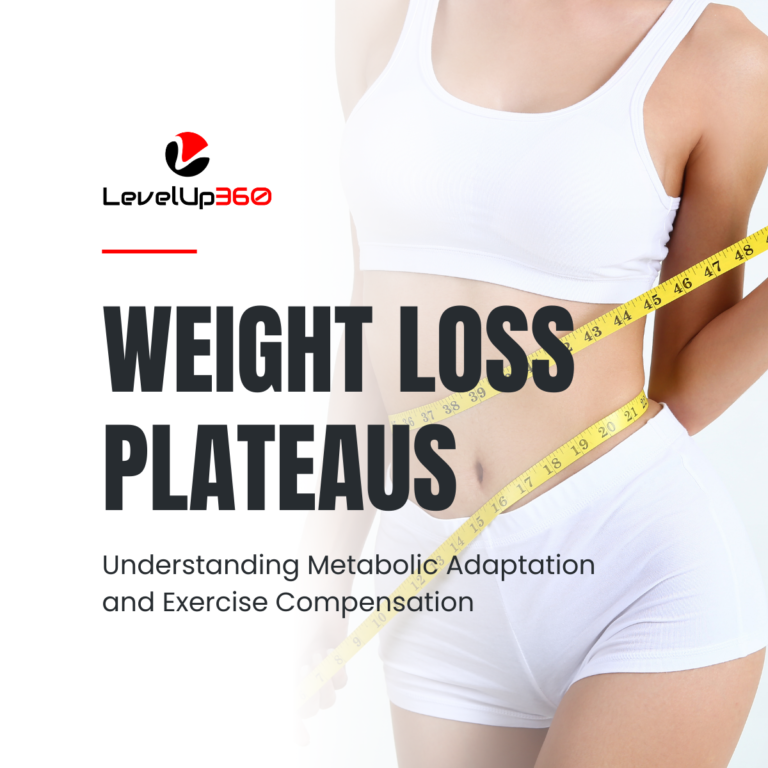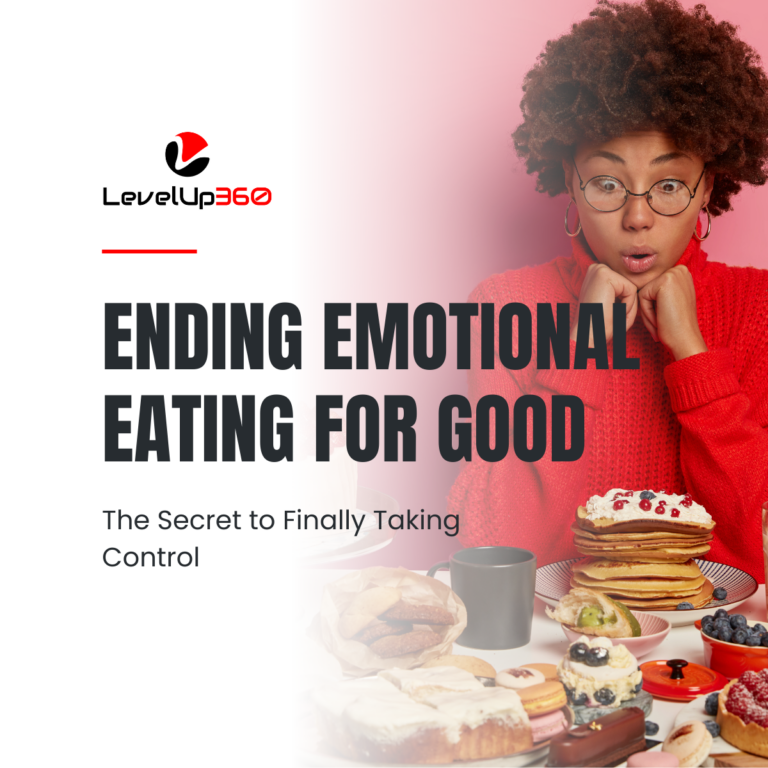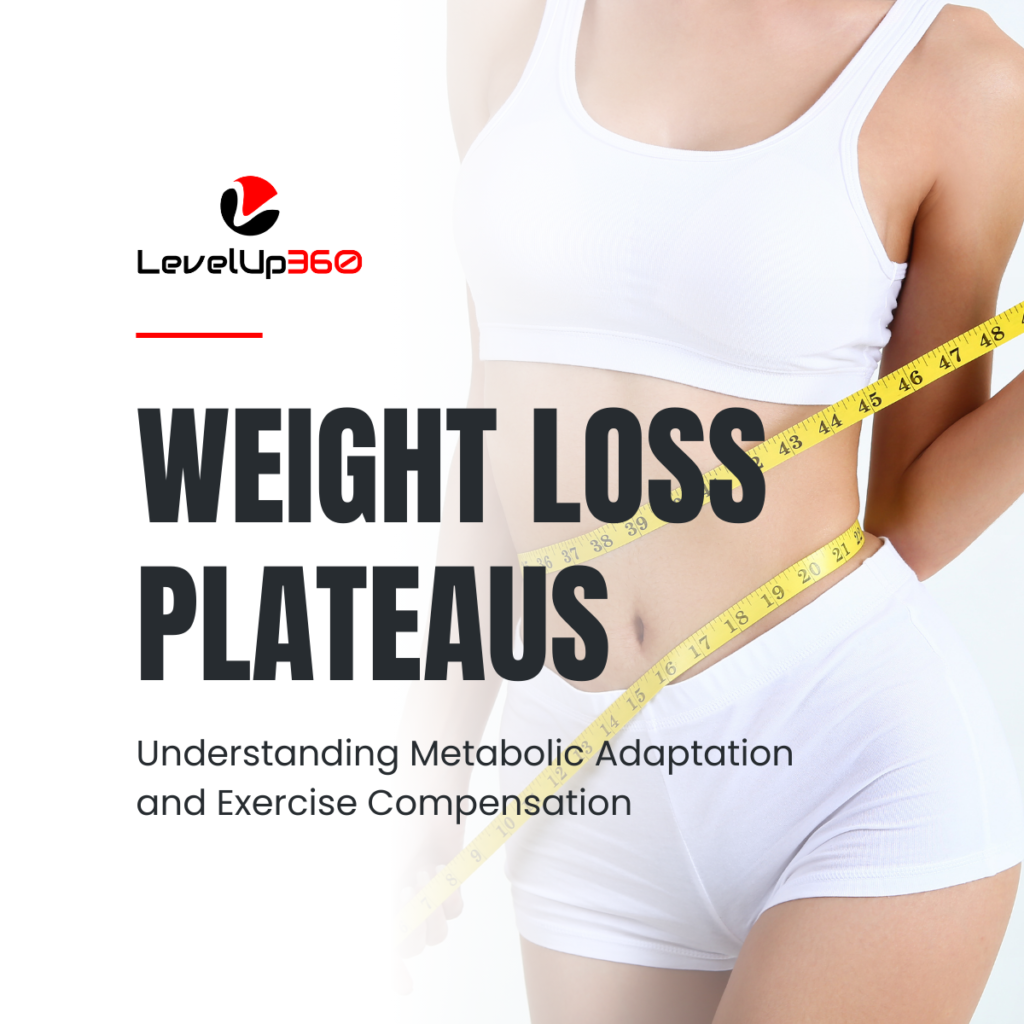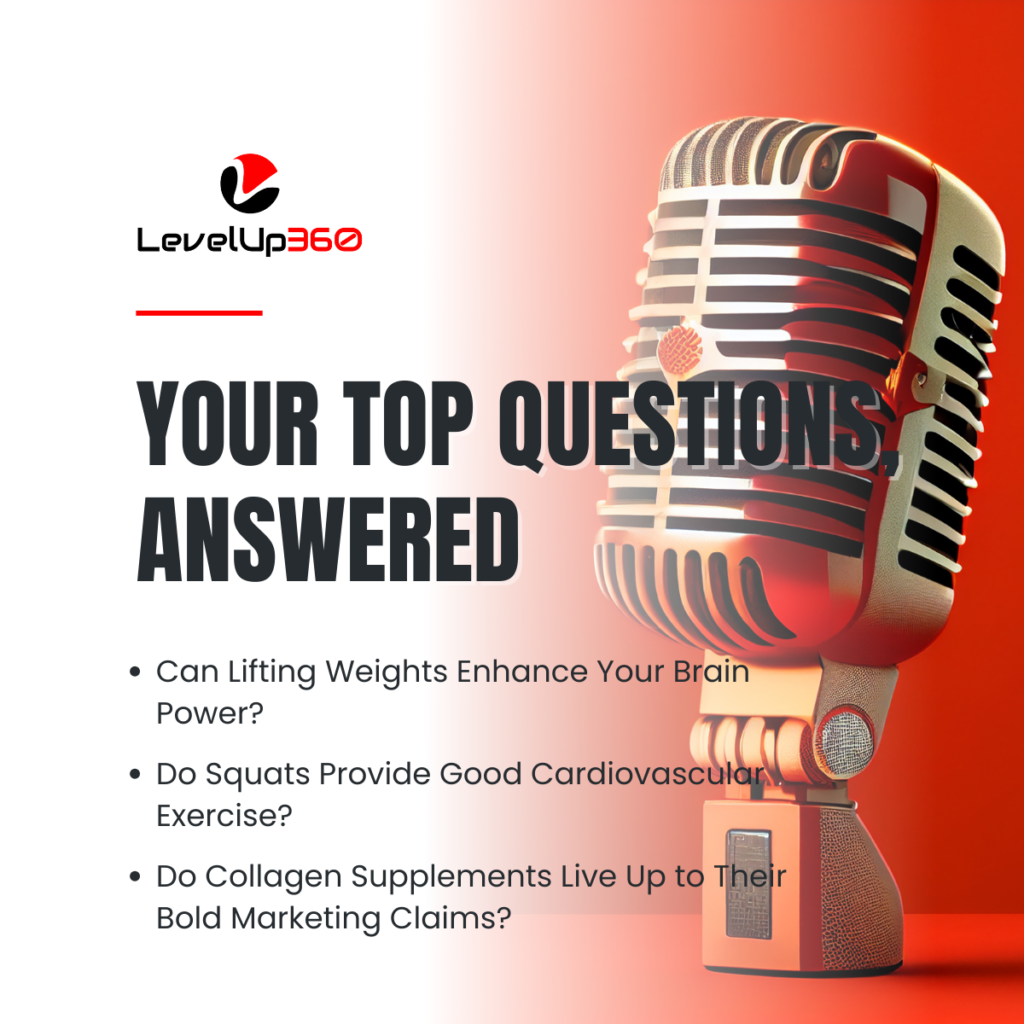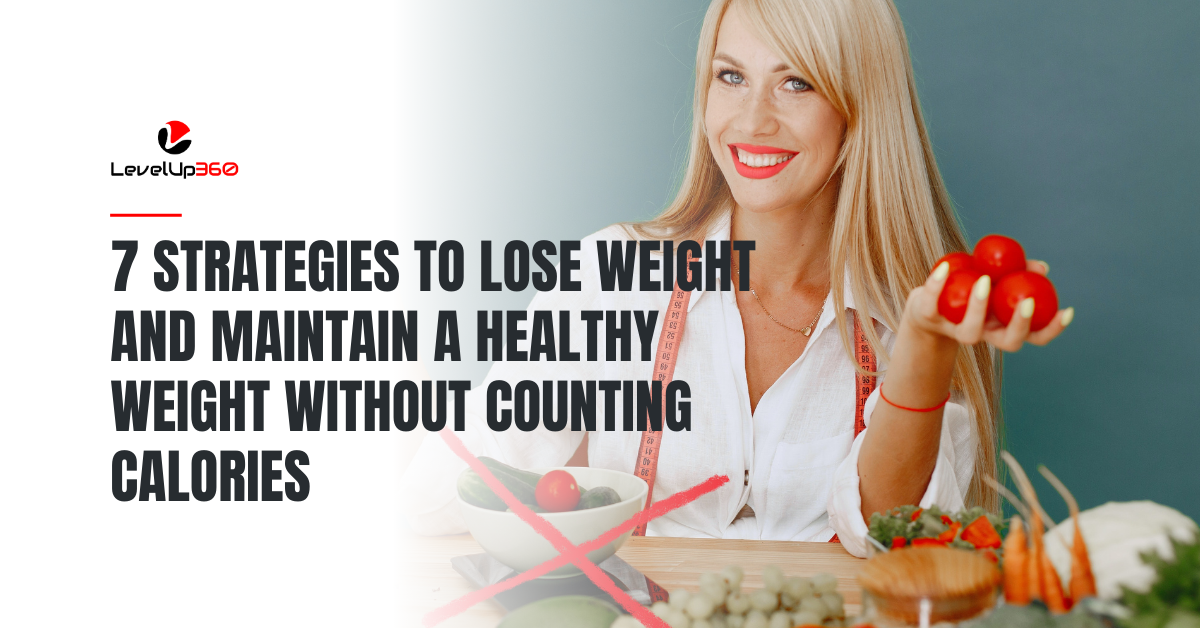
Before we go into discussing the strategies...
Before we go into discussing the strategies, I would like to highlight a few things so you don’t go through these strategies thinking that doing random things are going to magically burn body fat.
1. Even if you aren’t counting calories all calories still count. The truth about fat loss is if you aren’t in a calorie deficit, you’ll never lose weight, plain and simple.
2. Many people who are having trouble with losing weight and/or maintaining a healthy weight are eating LESS calories than they need not more.
3. If you’ve been dieting off and on your entire life, or you have been eating under your ideal maintenance calories for a while, you need to start out by rebuilding your metabolism (we went through how to do this in detail during the Sustainable Weight Loss Bootcamp).
When we try to lose fat after years of yo-yo dieting without rebalancing our metabolism, our body resorts to survival – which in most cases comes in the form of fat storage because that is an insurance policy for your body, that is how your body prepares for starvation, it accumulates fat.
Ok, with that out of the way, let’s discuss 7 strategies that you can use to lose weight and/or maintain a healthy weight without counting calories.
Many people who are having trouble with losing weight and/or maintaining a healthy weight are eating LESS calories than they need not more.
7 strategies to lose weight and/or maintain a healthy weight without counting calories
1. Eat Protein and Plant Foods in Every Meal
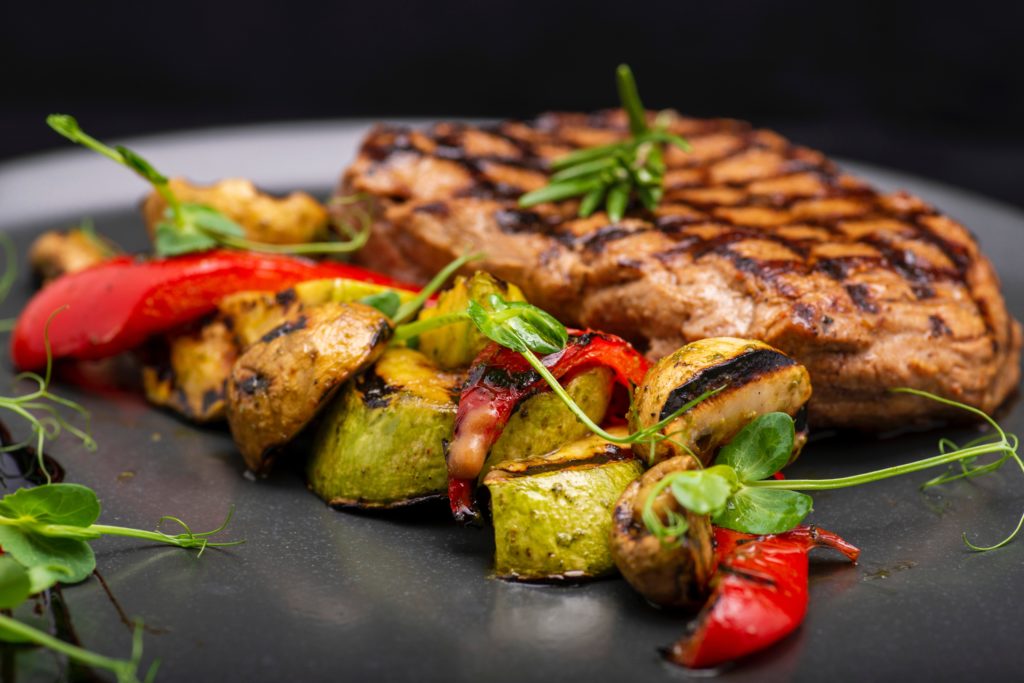
One of the best things you can do to is just make it a golden rule that every time you eat you have to have a protein and a plant food every time.
So, instead of just getting pasta, have some protein food (i.e. chicken, tofu…) and maybe a salad with your pasta.
This will make your brain think about how you build meals differently and it will make it much harder to overeat when you get primarily full of protein and plants.
I would even argue that if you’re wanting to eat and you do not want any protein or plant food you probably aren’t actually hungry. You’re probably bored or have some negative emotions floating around.
2. Double your protein and plant foods and reduce the rest by 25%

When you eat, double your protein and plant foods, then drop down by just 25% or so.
How does this work?
- If you normally use 3 slices of ham on a sandwich, put 6 instead.
- If you normally eat 1 serving of veg., eat 2.
- If you normally eat 1 piece of fruit, have 2.
- If you normally eat 4 cookies, eat 3.
- If you normally eat 4 slices of bread, eat 3.
- If you normally eat a whole plate of pasta, eat ¾ of that same plate
- And so on…
Eating twice the amount of plant and protein foods will make you fuller and the ~25% decrease in other foods will create your calorie deficit which is the intent, to create a small calorie deficit from where you are now that won’t be a big change so it is sustainable.
3. Eat foods that fill you up first
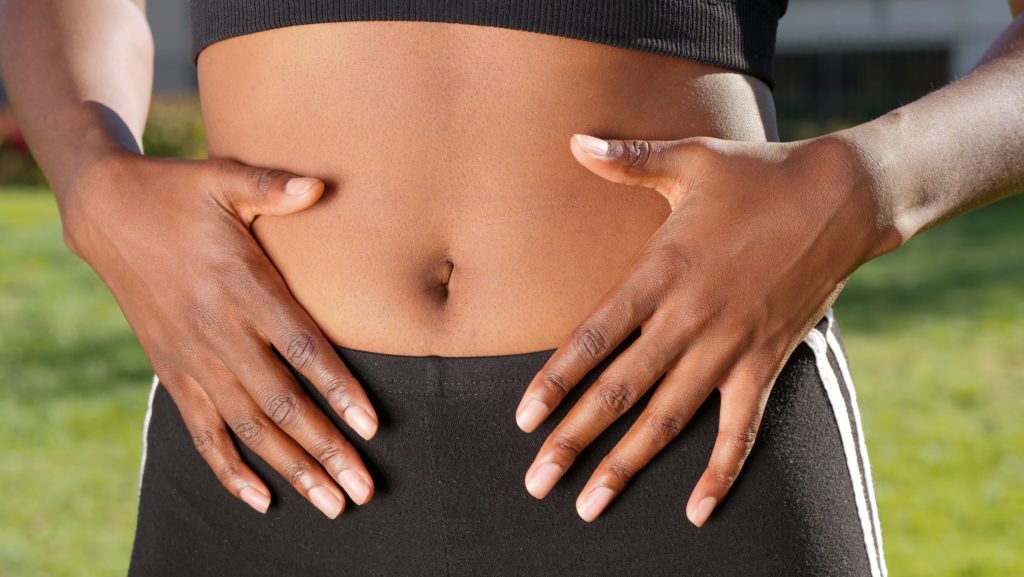
If we want to lose without tracking, we rely a lot on our hunger signals.
For this strategy, create 2 lists of food:
- The food you love that definitely fills you up (nutrient-dense whole foods)
- The food you love that is not filling
When you are hungry, eat foods from list 1 until you are satisfied, then, if you feel like it, eat food from list 2.
High-sugar and hyper-palatable foods (chips, ice cream, cookies, crisps, etc) will never fill you up – This is why people can go to dinner getting super full & still order dessert -. That doesn’t mean that those foods are necessarily bad (as always it all depends on what you eat overall) or should be avoided, but when looking to lose/maintain a healthy weight relying on hunger signals, it is important to eat off the list of foods that will definitely fill you up first until you feel satisfied, then eat and enjoy off the other list.
4. Eat mindfully (no phone, TV, work,… while eating)

When you’re always on your phone or watching tv when you eat you don’t realize when you get full, you don’t enjoy the food, or even chew as much, so no wonder you aren’t satisfied. “Intuitive eating” won’t work because you aren’t even in your body listening to your hunger cues or intuition.
So, when you eat, let those 10-20 minutes be totally undistracted, chew each bite at least 15 times and let yourself enjoy the food.
Paying attention to your food while eating, eating slowly, savouring the taste and texture of your food, and listening to your body’s hunger and fullness cues makes it really hard to overeat.
5. Put the fork, spoon, or sandwich down between bites

This one is related to number 3. Most of us are “in a hurry” and super distracted and tend to eat on the faster side which makes it hard to enjoy your food and know when you are full.
So, to counter this, put your fork down between bites and count the number of times you chew your food. You will chew more, enjoy your food a lot more, and get full faster.
6. Address binge eating

There are 4 main reasons for binge eating:
- Binge eating based on hunger.
- Binge eating based on restriction.
- Emotionally driven binge eating.
- Binge eating based on your identity.
Here is the truth, if you don’t fix binge eating before attempting to lose weight, it is unlikely that you will be able to sustain it long-term. So, we need to fix binge eating first. If you hold off the weight loss and fix your binge eating first, weight loss will be much easier and sustainable.
We will cover how to address each of the main reasons for binge eating over the coming weeks.
7. Stay active
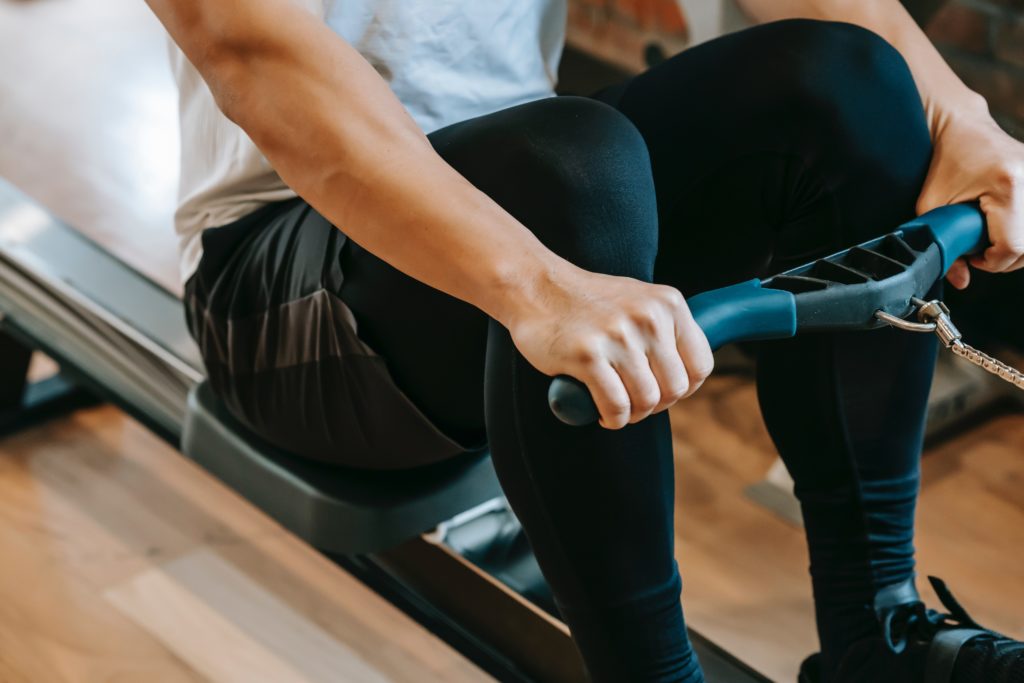
As mentioned at the beginning of the article, in order to lose body fat a calorie deficit is required. A calorie deficit can be achieved via nutrition, physical activity, or a combination of the two. In fact, a combination of the two is more likely to yield better outcomes.
When you move your body and engage in physical activity, it helps you burn calories. And when you burn more calories than you consume through your diet, you create a calorie deficit, which leads to weight loss. Activities like walking, cycling, or gardening can help you burn a significant amount of calories but all movement counts so small things like taking the stairs instead of the elevator, taking 5-minute breaks for every hour of work, and going for a short walk, cleaning the house in a more energetic way… it all adds up and it is the sum all it all that matters more than focusing on a single bout a day. In other words, think about adding more activity throughout the day rather than doing a longer single session and then being inactive for the rest of the day.
Another reason why physical activity is important is that it can help you build lean muscle mass if that movement is geared towards that. For example, if you engage in resistance training, you can build muscle, which is more metabolically active than fat tissue. This means that the more muscle you have, the more calories you’ll burn, even when you’re not exercising.
Moreover, regular physical activity can help boost your metabolism, which is the rate at which your body burns calories. This can help you burn more calories throughout the day, even when you’re not actively moving. Plus, exercise can also help reduce appetite and cravings, making it easier to stick to a healthy diet and an adequate calorie intake.
Finally, physical activity has numerous mental health benefits as well. It can help reduce stress, anxiety, and depression, which can help reduce emotional eating and promote a healthier relationship with food.
Recommended reading
Recommended reading
Additional Resources
Feeling in control of your health
If you are interested in improving your health and wellness, check out other resources such as Our Blog, Free Resources and/or join our private Body-Mind Transformation Secrets Community on Facebook, and The 360 Transformation Blueprint Podcast on Spotify and go on an even deeper dive with me to uncover how to succeed in your health and wellness goals.
You may also be interested in our Sleep Secrets Cheat Sheet. It is a great resource with strategies to fix and optimize your sleep which is crucial to succeeding in your health and wellness goals.
Resources
Pictures

